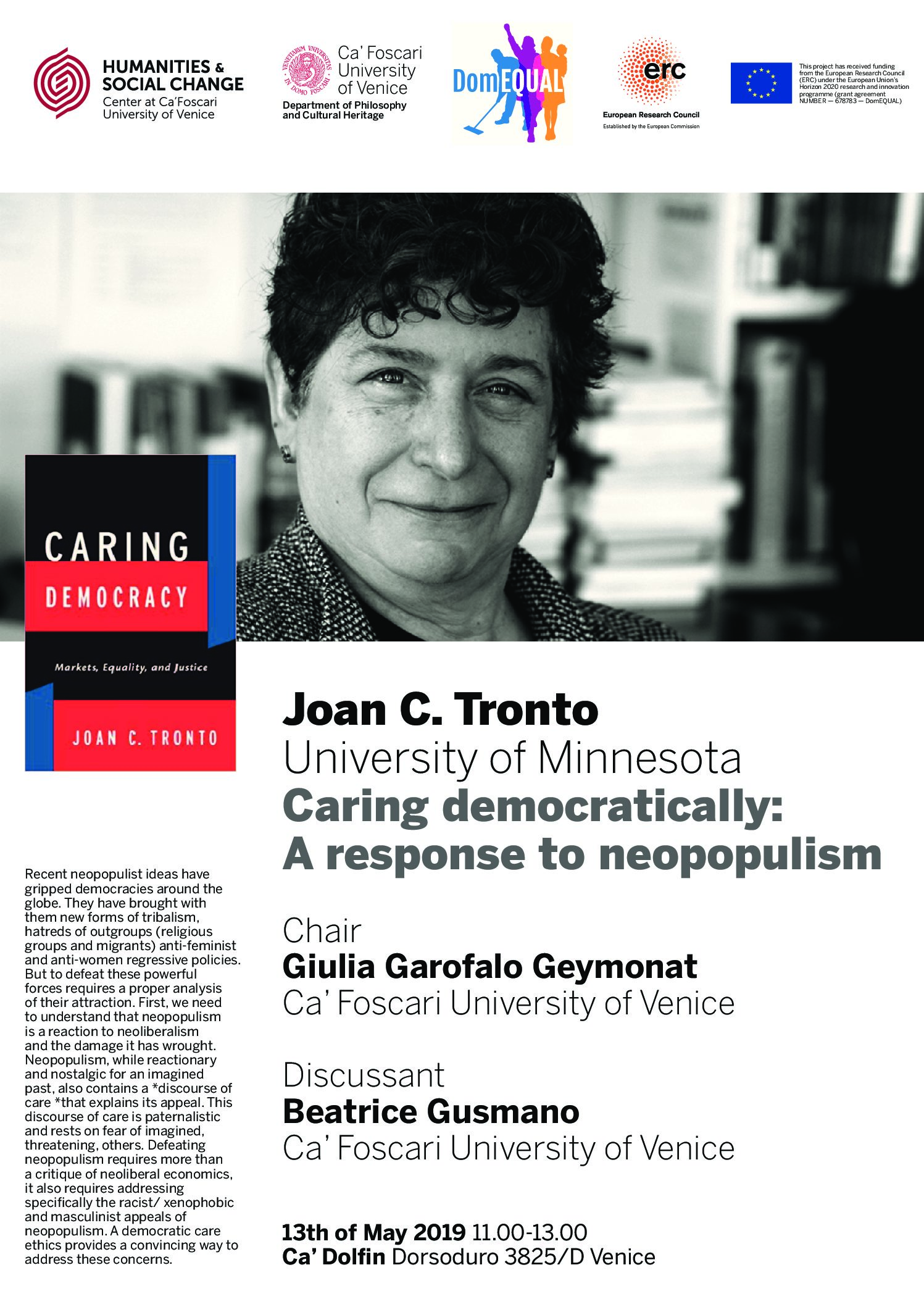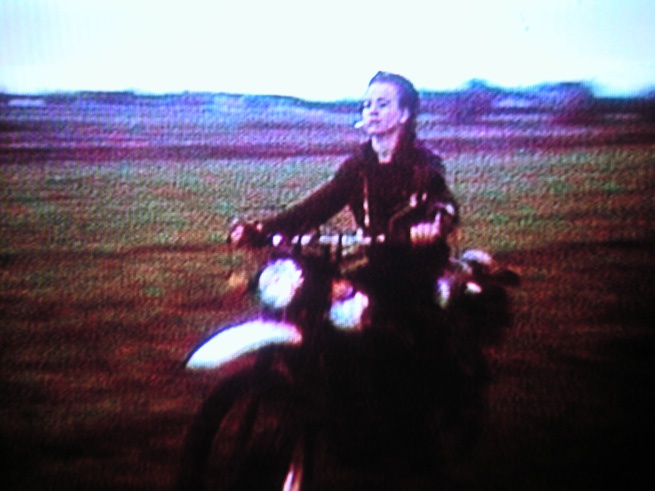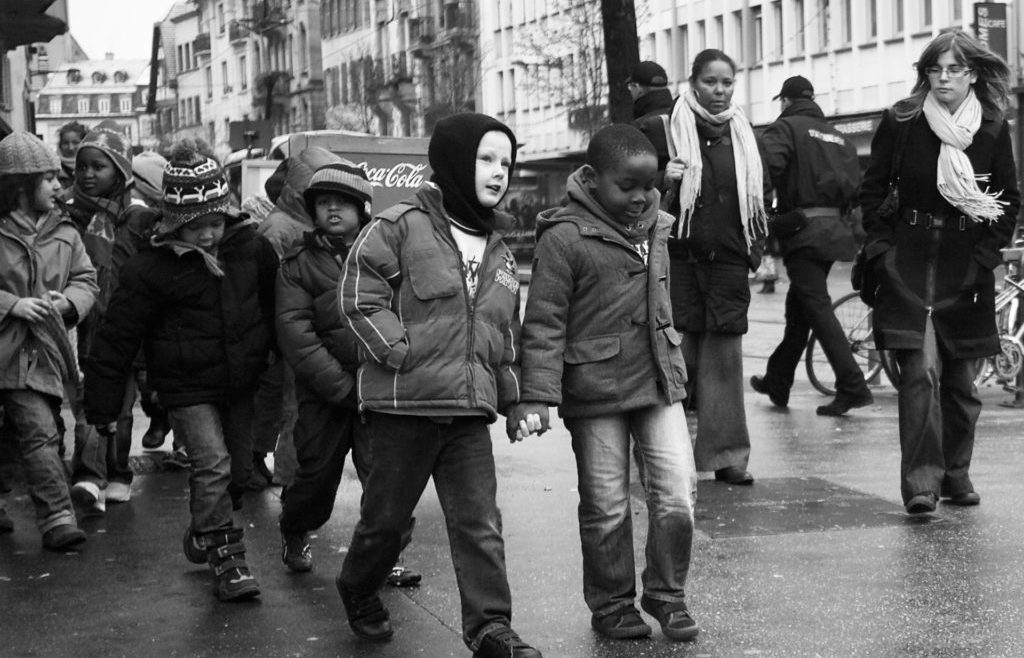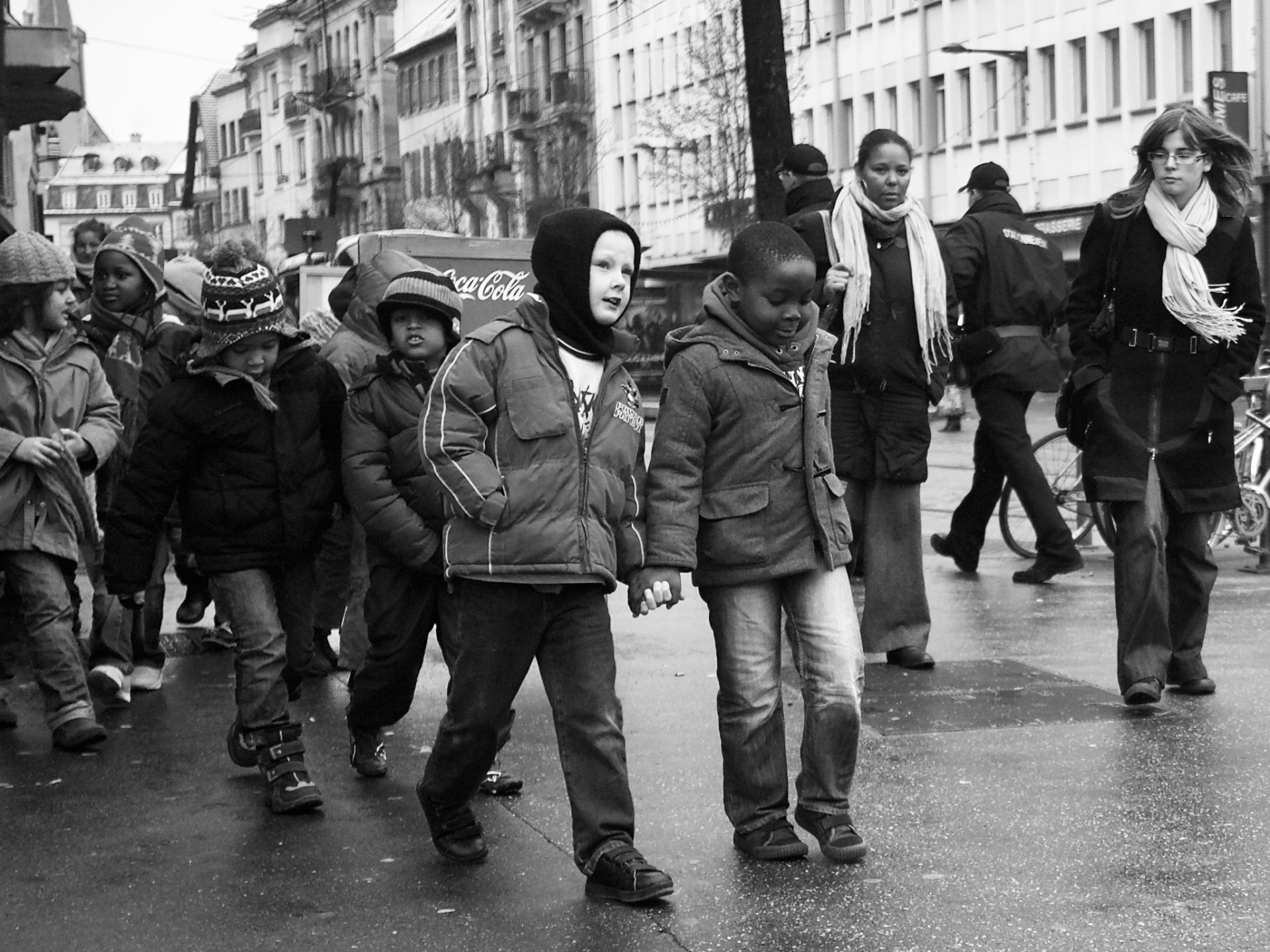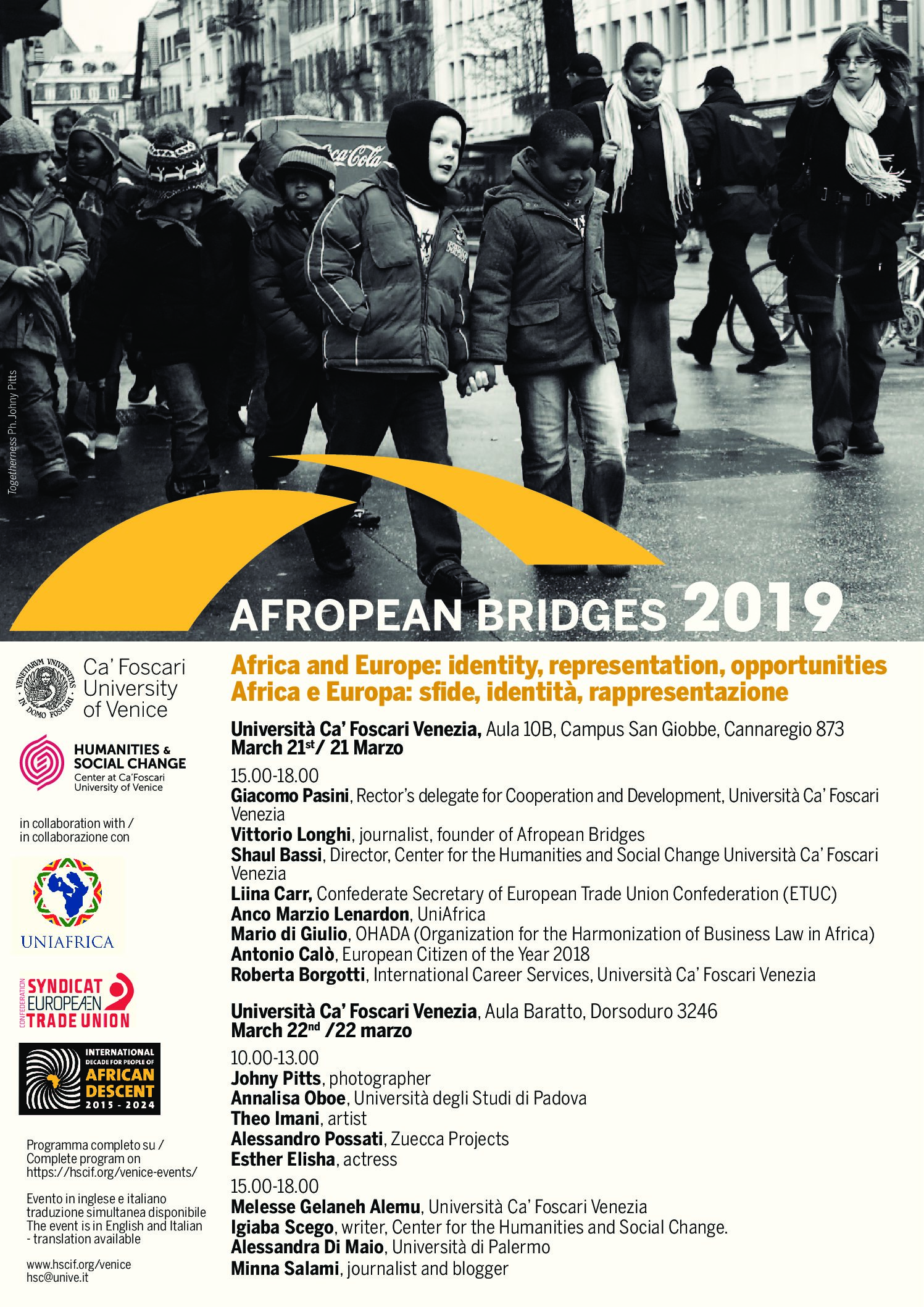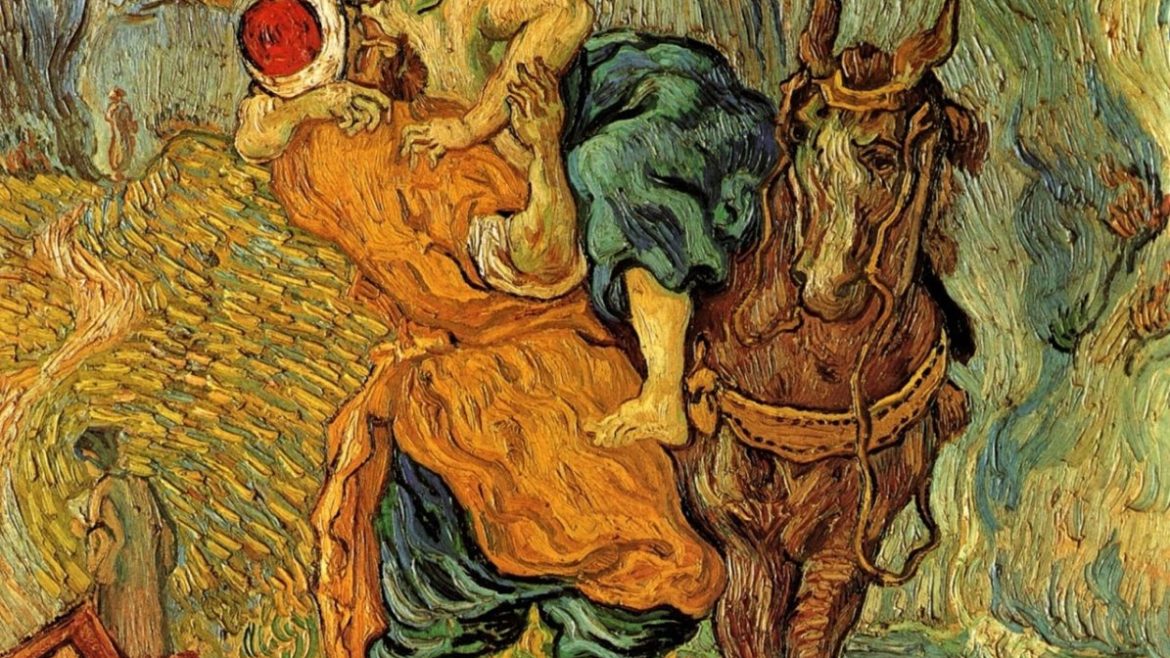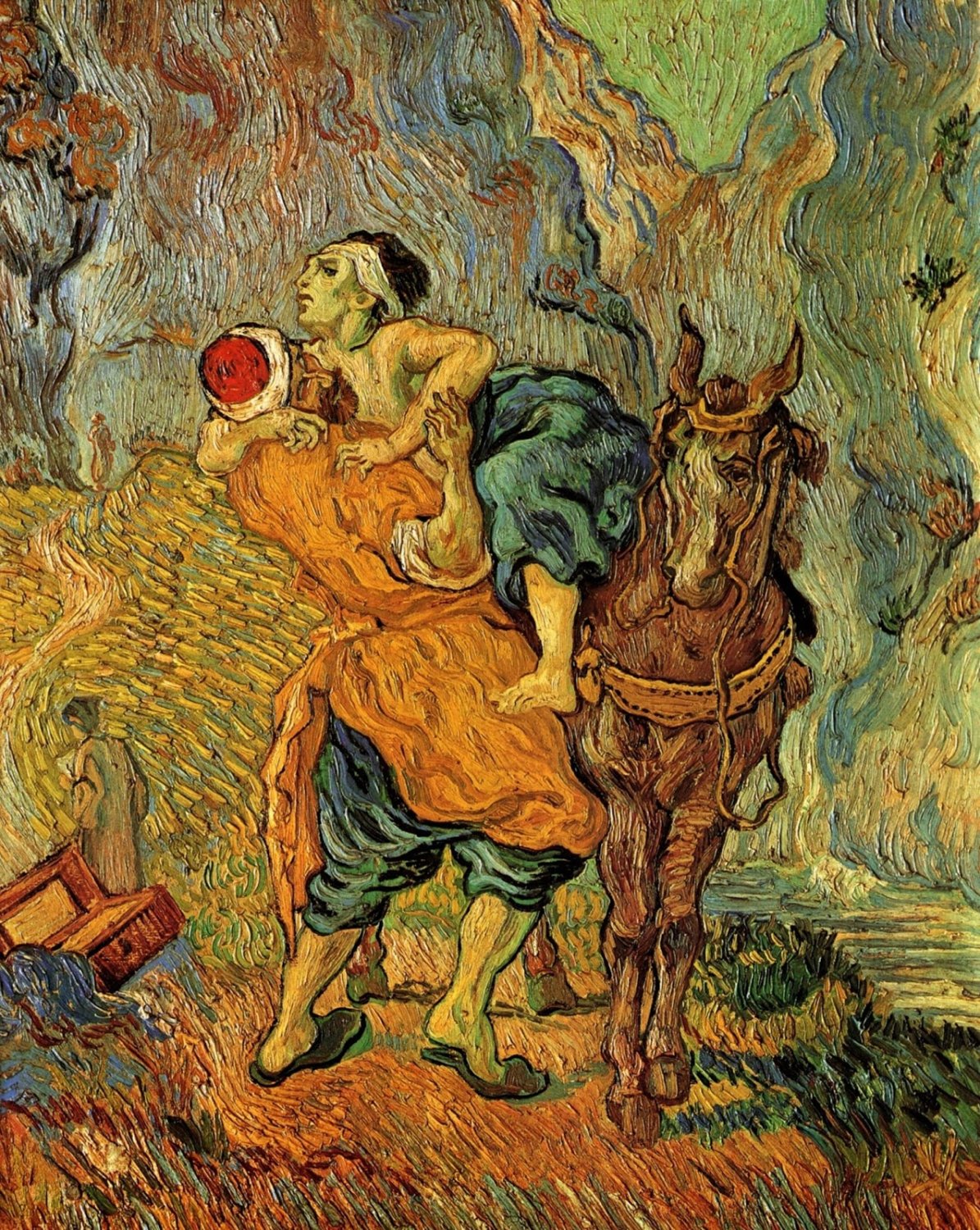Joan C. Tronto – Caring democratically: A response to neopopulism
The Venice Center for the Humanities and Social Change presents: Joan C. Tronto (Department of Political Science, University of Minnesota) – Caring democratically: A response to neopopulism. Chair: Giulia Garofalo Geymonat, Discussant: Beatrice Gusmano
Venice, 13/05/2019 at 11 a.m.
Recent neopopulist ideas have gripped democracies around the globe. They have brought with them new forms of tribalism, hatreds of outgrips (religious groups and migrants) anti-feminist and anti-women regressive policies. But to defeat these powerful forces requires a proper analysis of their attraction. First, we need to understand that neopopulism is a reaction to neoliberalism and the damage it has wrought. Neopopulism, while reactionary and nostalgic for an imagined past, also contains a *discourse of care *that explains its appeal. This discourse of care is paternalistic and rests on fear of imagined, threatening, others. Defeating neopopulism requires more than a critique of neoliberal economics, it also requires addressing specifically the racist/ xenophobic and masculinist appeals of neopopulism. A democratic care ethics provides a convincing way to address these concerns.
prof. Joan Tronto teaches at the University of Minnesota.
“‘It is important to realize that we are receivers as well as givers of care, acted upon as well as agents. This is a difficult position to understand politically, but strength and human cooperation can arise from our recognition of our mutual interdependence.” J. Tronto
The event is in English
Admission free

